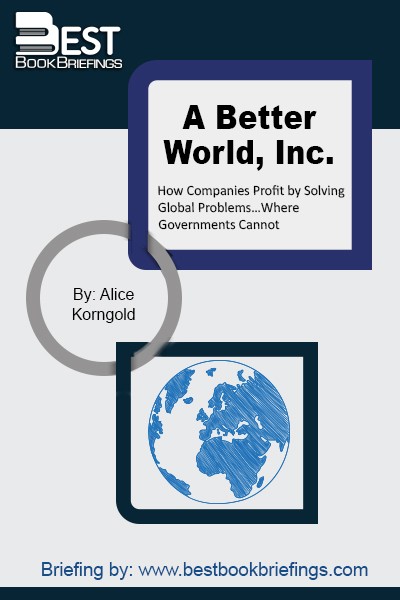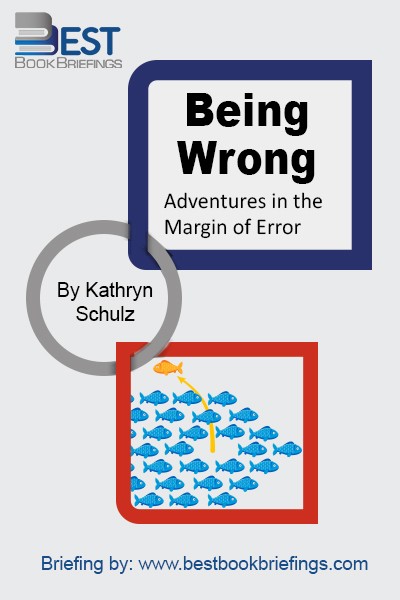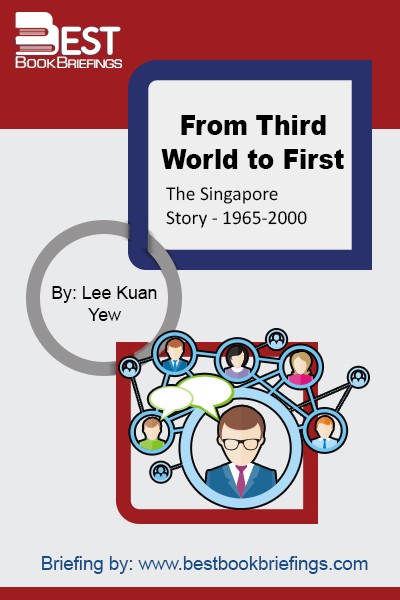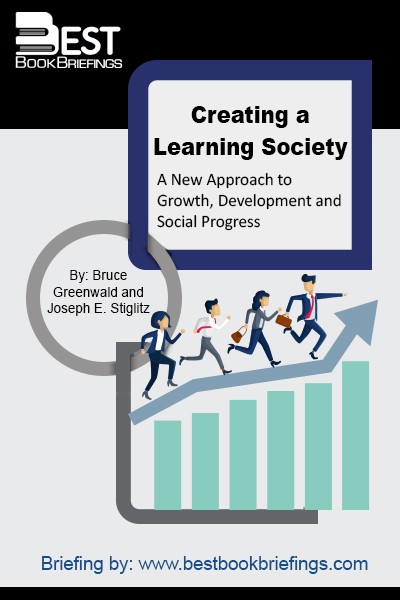Creating a Learning Society
A New Approach to Growth, Development and Social Progress
Editorial Review
Creating a Learning Society explains how the countries of the world went from centuries of stagnation to the enormous increases in standards of living that have marked the last two hundred and fifty years: they have learned how to learn. Yet, as Stiglitz and Greenwald make clear, markets won't succeed on their own in creating the learning society that we need. Achieving this requires good governmental policy in a variety of areas, including trade, industry, and intellectual property. Indeed, the central thesis of this book is that every policy--tax, regulation, and expenditure--affects learning, and that policymakers have been remiss in ignoring this. Some policies, such as the Washington Consensus policies foisted on developing countries by the World Bank and IMF, actually impede learning. In advanced and developing countries alike, Creating a Learning Society has had a remarkable reception. Governments in Malaysia, Singapore, Turkey, Jordan, and South Africa have signaled strong support for its policies, and a Dutch think tank closely allied with the government released a blueprint for creating a learning economy. This streamlined edition, intended for everyone from scholars to general readers, omits the original book's complicated mathematical equations and, in accessible language, focuses on its central messages and policy prescriptions.
Book Reviews
Books on Related Topics

In a time of unprecedented turbulence, how can public sector organisations increase their ability to find innovative solutions to society's problems? Leading Public Sector Innovation shows how government agencies can use co-creation to overcome barriers and deliver more value, at lower cost, to citizens and business. Through inspiring global case studies

This book has two purposes. First, to feature companies that are highly innovative in finding solutions to the world’s most malignant difficulties as a means to build the corporations’ long-term success and value. Second, and most importantly, to show that the most serious issues facing humanity and our planet can only

In our collective imagination, error is associated not just with shame and stupidity but also with ignorance, indolence, psychopathology, and moral degeneracy. Of all the things we are wrong about, this idea of error might well top the list. It is our meta-mistake: we are wrong about what it means to

The story of Singapore’s transformation is told here by Singapore's charismatic, controversial founding father, Lee Kuan Yew. Rising from a legacy of divisive colonialism, the devastation of the Second World War, and general poverty and disorder following the withdrawal of foreign forces, Singapore now is hailed as a city of the

The strategies adopted by governments and public officials can have dramatic effects on people’ live. Packed with examples, and shaped by the author’s practical experience, the book shows that governments which give more weight to the long-term are not only more likely to leave their citizens richer, healthier, and safer; they’re



